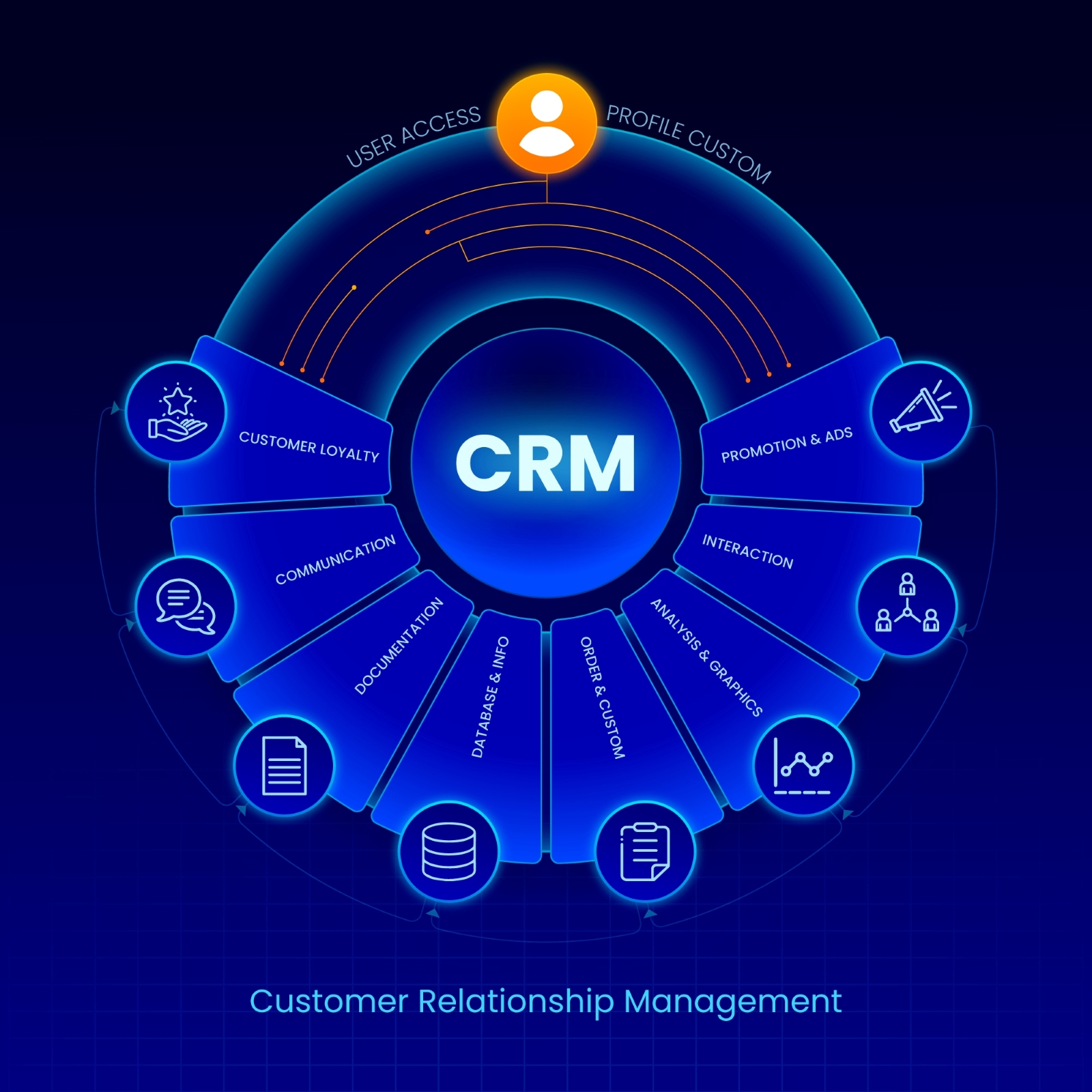
CRM Data Management: A Cornerstone of Successful Implementation
Customer Relationship Management (CRM) systems have become indispensable tools for businesses seeking to streamline their operations, enhance customer interactions, and drive growth. However, the success of a CRM implementation hinges largely on effective data management. In this digital age, data is king, and without proper CRM data management, even the most advanced CRM systems can falter. In this article, we’ll explore the importance of CRM data management and its role as a cornerstone of successful CRM implementation.
The Heart of CRM: Data
At its core, a CRM system is designed to centralize customer data and provide businesses with a holistic view of their customers. This data includes contact information, purchase history, communication preferences, and more. It’s the lifeblood of any CRM, enabling companies to personalize marketing efforts, improve customer service, and make data-driven decisions. However, the quality and accuracy of the data within the CRM system are paramount. Inaccurate or incomplete data can lead to misguided marketing campaigns, frustrated customers, and missed opportunities. This is where CRM data management comes into play.
Key Aspects of CRM Data Management
Data Cleaning and Validation: To ensure data accuracy, businesses need to regularly clean and validate their CRM data. This involves removing duplicate records, correcting errors, and verifying the authenticity of information. By maintaining clean data, companies can trust that the insights derived from their CRM system are reliable.
Data Integration: Many businesses use multiple systems and applications to manage customer data, such as email marketing platforms and e-commerce software. CRM data management involves integrating these disparate sources of data into a unified CRM system. This enables a 360-degree view of customer interactions and ensures consistency across all touchpoints.
Data Security and Compliance: Protecting customer data is not only a legal requirement (e.g., GDPR, CCPA) but also a trust-building measure. CRM data management includes implementing robust security measures and adhering to data privacy regulations. Customers are more likely to engage with businesses that prioritize their privacy.
Data Enrichment: To enhance customer understanding, data enrichment involves supplementing existing CRM data with additional information from external sources. This might include social media profiles, industry news, or demographic data. Enriched data can lead to more targeted marketing efforts and improved customer segmentation.
Benefits of Effective CRM Data Management
Improved Customer Relationships: Clean and accurate data enables businesses to personalize their interactions with customers. When you know your customers’ preferences and history, you can tailor your communications and offerings to their needs, fostering stronger relationships.
Enhanced Decision-Making: Reliable data is the foundation of data-driven decision-making. With a well-managed CRM system, businesses can analyze customer trends, forecast sales, and identify growth opportunities with confidence.
Efficient Operations: Integrated data systems and automated data entry processes streamline operations, reducing manual data entry errors and saving time. This efficiency allows employees to focus on more strategic tasks.
Increased Sales and Revenue: By targeting the right customers with the right message at the right time, businesses can boost sales and revenue. CRM data management helps identify high-potential leads and facilitates conversion.
Cost Reduction: Cleaning up and maintaining data can be time-consuming, but the long-term benefits include cost reduction. With accurate data, businesses can avoid wasting resources on ineffective marketing campaigns and focus on what works.
Challenges of CRM Data Management
Implementing effective CRM data management is not without challenges. It requires ongoing commitment and investment in technology, training, and processes. Additionally, data quality can degrade over time, so continuous monitoring and maintenance are essential.
Conclusion
In the digital age, CRM data management is the cornerstone of successful CRM implementation. It ensures that businesses have access to clean, accurate, and integrated customer data, enabling them to build stronger relationships, make informed decisions, and drive growth. While the challenges of data management are real, the benefits far outweigh the costs. By prioritizing CRM data management, businesses can harness the power of their CRM systems to stay competitive in today’s rapidly evolving market.
Tokara Solutions
Tokara Solutions is a leading provider of customized CRM solutions, dedicated to optimizing business processes across various industries. With a strong commitment to excellence, Tokara Solutions empowers companies to harness the full potential of Customer Relationship Management (CRM) systems for enhanced efficiency and profitability. Tokara’s tailored CRM solutions address specific needs and goals of industries And Provide CRM For Homebuilders, CRM For Manufacturing Industries, CRM For Energy and Public Utilities, CRM For Financial Services And CRM For Title and Escrow Agencies.



